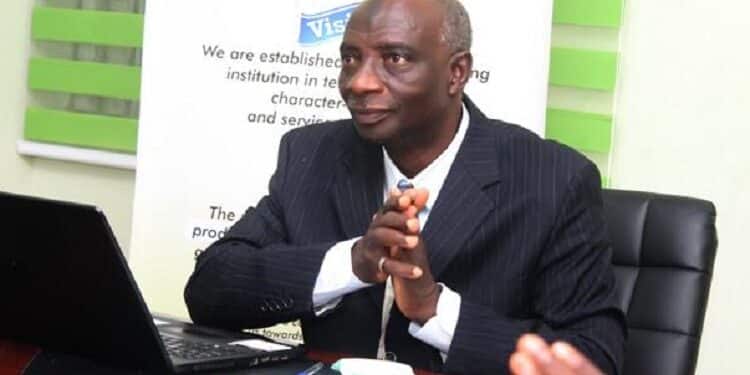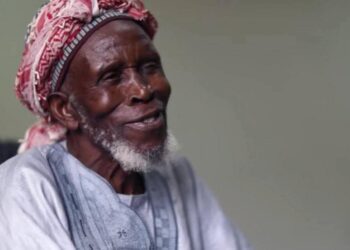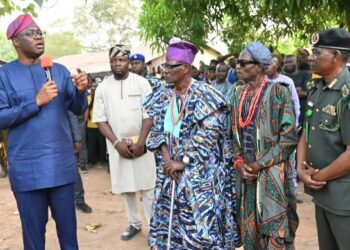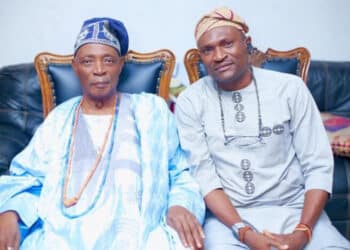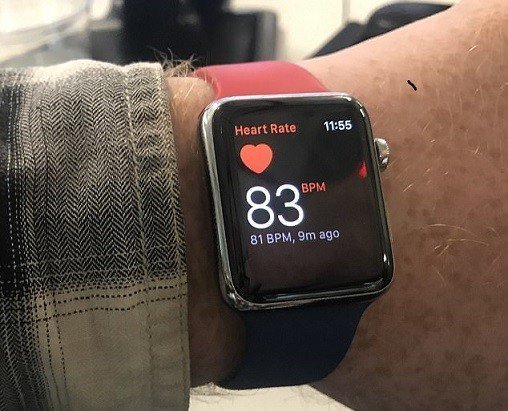The Vice Chancellor of Fountain University, Osogbo, Professor Amidu Olalekan Sanni, has revealed the elements that distinguish Fountain University from other higher education institutions across Nigeria.
Prof. Sanni revealed this while speaking with members of the South-West Group of Online Publishers (SWEGOP) in his office on Wednesday.
The professor of African and Middle Eastern Studies said that, though an Islamic body owns Fountain University, religious stigmatisation has no hold on the institution.
He said, “We don’t hide our religious identity; no apology for that. Your belief is your matter. You should be able to accommodate other people based on what they can offer you.
“As I am talking, the head of our security here is a Christian. The Dean of our Post Graduate School is a Christian. The head of our Technical (Works) Department is also a Christian; he was a pioneer staff member of this university.
We allow Christian students to go for Church Services of their choice on Sunday which we monitor anyway. You don’t tell us you are going to Redeem Church and you go to your boyfriend’s house. Once you are here, you are under our custody. We monitor where they go.”
Professor Sanni also itemised the elements that distinguished Fountain University from other higher institutions of learning across the country.
These, he said, include quality education, aided by global networking and reach; an uninterrupted academic programme and thorough reformation of students with negative traits, rather than expelling them.
Despite being among the private institutions with modest school fees, the vice chancellor stated that the management of Fountain University ensured that quality was not compromised in the pursuit of affordable education.
“The idea of free education is not feasible anywhere. We should encourage a system that supports student’ loans so that you can have your degree and pay for the cost later. But you can’t have free education. In Freetown, there is no such thing as a free lunch.
“There is nowhere in the world where education is free. Somebody has to foot the bill. Now, the cost of producing a medical doctor is millions of naira and the government has not been sincere in finding an answer to the question of who pays for education.
“One of our hallmarks at Fountain University is that we don’t go on strike. You already know when you will graduate. We don’t waste your time if you don’t waste your own. Lecturers don’t fail anybody; it is your work that can fail you.
“So, you know that, by the 14th of January of your fourth or fifth year, you are already on your way out. We have a stable calendar, with no staff or student strikes, and no cult activity.
“Many parents are scared of cultism and Yahoo Yahoo. All our students here are residents, so we monitor them very closely. We now have four faculties – the College of Basic Medical and Health Sciences, which has the largest enrollment in the university.
“We also have the College of Law. Our College of Law is going to be the best in Nigeria, and I will tell you why. I have a large global network, spanning Europe, the Americas, and the Arab world.
“We have been able to harness our network to create a greater platform for interactions worldwide. That is another plus to our university,” he said.
Professor Sanni said Fountain University also helped the students to identify other inherent potentials in them, apart from their areas of specialities.
“You may not eventually work with your degree. What you are doing in the university is developing skills outside students’ fields of study.
You may study Marketing and end up being a fantastic event planner. You may study Accounting and become a successful entrepreneur.
“In Osogbo here, we have the Industrial Development Centre. They have skills in ceramics, fabrication, and several other things. You may be studying Law and be good at creative writing.
“We take care of people who have problems in areas of drugs and moral perversion. We have what we call the Academoral Centre.
“These children, because of peer pressure, are willing to try things that are novel like drugs, cultism, and Yahoo Yahoo (internet fraudster).
“The most significant harm you can do to any young man is to dismiss him from the university (due to bad or negative influence). Don’t try to do that, except as the last result.
“What we do is try to reform. If we treat cultism, drug abuse and other ills as diseases like headaches and stomach pain, society would be better. You don’t cut off your head because you have a headache. We adopted that method, and it has paid off for us.
“I have met General Mohamed Buba Marwa, chairman of the National Drug Law Enforcement Agency (NDLEA). He wants to make our university the South-West hub of the Reform and Entrepreneurial Centre.
“The Country Representative, United Nations for Drugs Control has agreed to train our staff members. A member of our Board, Professor Salako Makinde, serves as the Director-General of the Nigerian Medical Research Institute.
“What I am trying to say is that we don’t just take care of the good students only. If we don’t take care of the ones with moral issues too, they are the ones who would destroy the good ones. That is why we take them on and engage them,” he said.
Professor Sanni, however, lamented the ongoing strike by the Academic Staff Union of Universities (ASUU), stating that it was unimaginable that lecturers in public universities across the country have been on strike for more than six months.
He stated that the action has adversely affected the global ranking of all Nigerian universities and blamed the ASUU leadership for the impasse in the country’s academic sector.
“It is unfortunate that the current ASUU leadership across the board in Nigeria believe that education must be destroyed first before it is rebuilt. That is the problem. Otherwise, no sane labour society would allow its strike to last for six months.
“In those days, Third Class products of the University of Ife, Ibadan and UNILAG were admitted for postgraduate studies in Oxford. People believe that Nigerian products are fantastic.
“Now our ranking has fallen too badly. Even at the University of Ibadan, a First-Class student would have to undergo an examination abroad.
“Now you go for a six-month strike in a session and come back, and within three weeks, then you are done. It is not possible. Even with a machine, you have to programme it for it to give you good data.
“The current crop of ASUU leadership, unfortunately, believes that education must be destroyed first before it is rebuilt. It doesn’t work that way,” he said.


